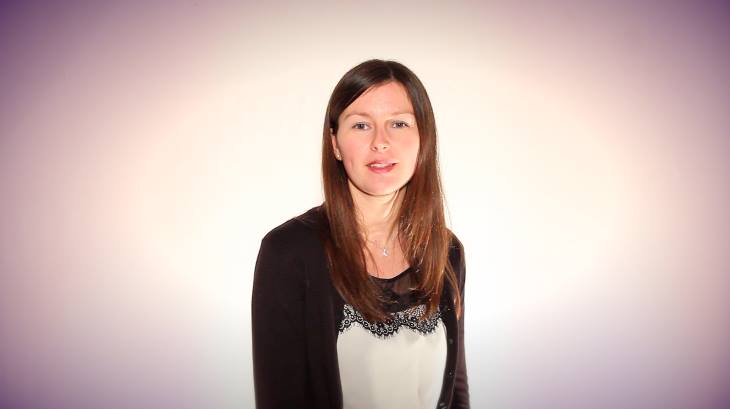The Hundred Languages of Children: the Reggio Emilia approach to early childhood education
THE HUNDRED LANGUAGES
By Loris Malaguzzi (translated by Lella Gandini) Founder of the Reggio Emilia Approach (see more about the author here)
No way. The hundred is there.
The child
is made of one hundred.
The child has
a hundred languages
a hundred hands
a hundred thoughts
a hundred ways of thinking
of playing, of speaking.
A hundred always a hundred
ways of listening
of marveling, of loving
a hundred joys
for singing and understanding
a hundred worlds
to discover
a hundred worlds
to invent
a hundred worlds
to dream.
The child has
a hundred languages
(and a hundred hundred hundred more)
but they steal ninety-nine.
The school and the culture
separate the head from the body.
They tell the child:
to think without hands
to do without head
to listen and not to speak
to understand without joy
to love and to marvel
only at Easter and at Christmas.
They tell the child:
to discover the world already there
and of the hundred
they steal ninety-nine.
They tell the child:
that work and play
reality and fantasy
science and imagination
sky and earth
reason and dream
are things
that do not belong together.
And thus they tell the child
that the hundred is not there.
The child says:
No way. The hundred is there.
13TH IMISCOE ANNUAL CONFERENCE (PRAGUE, JUNE 30-JULY 2, 2016)
 The 13th IMISCOE Annual Conference will take place in Prague, 30 June – 2 July 2016. The conference covers the theme ‘Migration and Development’ and will be organized by the Geographic Migration Centre (GEOMIGRACE) at Charles University in Prague.
The 13th IMISCOE Annual Conference will take place in Prague, 30 June – 2 July 2016. The conference covers the theme ‘Migration and Development’ and will be organized by the Geographic Migration Centre (GEOMIGRACE) at Charles University in Prague.
This year’s conference received more than 400 proposals. After a rigorous review, the Conference Committee (chaired by Dušan Drbohlav of GEOMIGRACE) has accepted about 200 proposals for 84 sessions, including research panels, policy workshops, book workshops and a number of working sessions for IMISCOE’s research clusters and standing committees.
My paper was accepted for the panel ‘Formal and informal learning practices of migrant and refugee families and youth’, organised by IMISCOE Research Initiative “Migrant families, children and youth: intergenerational and everyday perspectives”. I am very happy to present my work on « Migrant Families and Informal Learning through Everyday Experiences in Formal Contexts of French educational settings for young children ». Below you can read the abstract of this presentation.
Abstract: School is generally regarded as a formal educational institution. However, alongside formal learning, students attend an informal learning, which can take different forms, depending on situation and people they meet in this context. For migrant children, school is one of the main place where they can learn the language, as well as social and cultural codes. Along with children who attend French preschool (ecole maternelle in this study), transnational families experience informal learning during their everyday experiences in the receiving society. Drawing from a qualitative study, the objective of this research is to analyse interculturality, which integrates both insertion in the environment of the host country and appropriation of home culture and language of migrant children. How children experience and melt different cultural repertoires (Rogoff et al., 2006) in their daily life? Children learn through situations in everyday life that have no educational means a priori: conversations, walks, television and other entertainment (Brougère, 2002). What are these situations children meet in preschool and how do they provide (or not) informal learning? What are some cultural aspects that are transmitted through intergenerational relations in migrant families?
The children who are on the border between two cultures and their point of view are central to our research. The issue of interculturality that we want to analyze takes into account the child’s relationships with parents, stakeholders and peers in the context of cultural diversity of the French preschool. A central aspect of our research is represented by the linguistic diversity.
References
Brougère, G. (2002), « Jeu et loisir comme espaces d’apprentissages informels ». In Éducation et Sociétés, 10, 5-20.
ROGOFF, B., MOORE L., NAJAFI B., DEXTER A., CORREA-CHAVEZ M., SOLIS J., (2006): « Children’s Development of Cultural Repertoires through Participation in
Everyday Routines and Practices ». In J. Grusec and P. Hastings, Handbook of Socialization. NY, Guilford.


